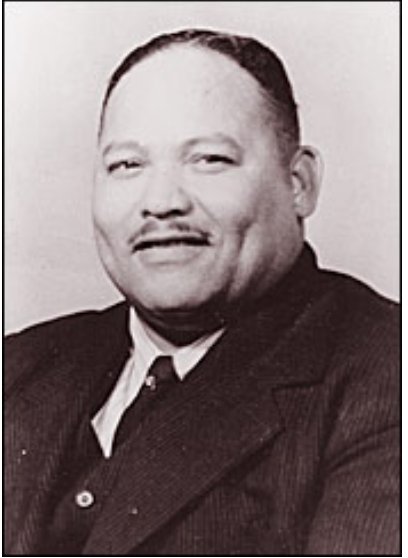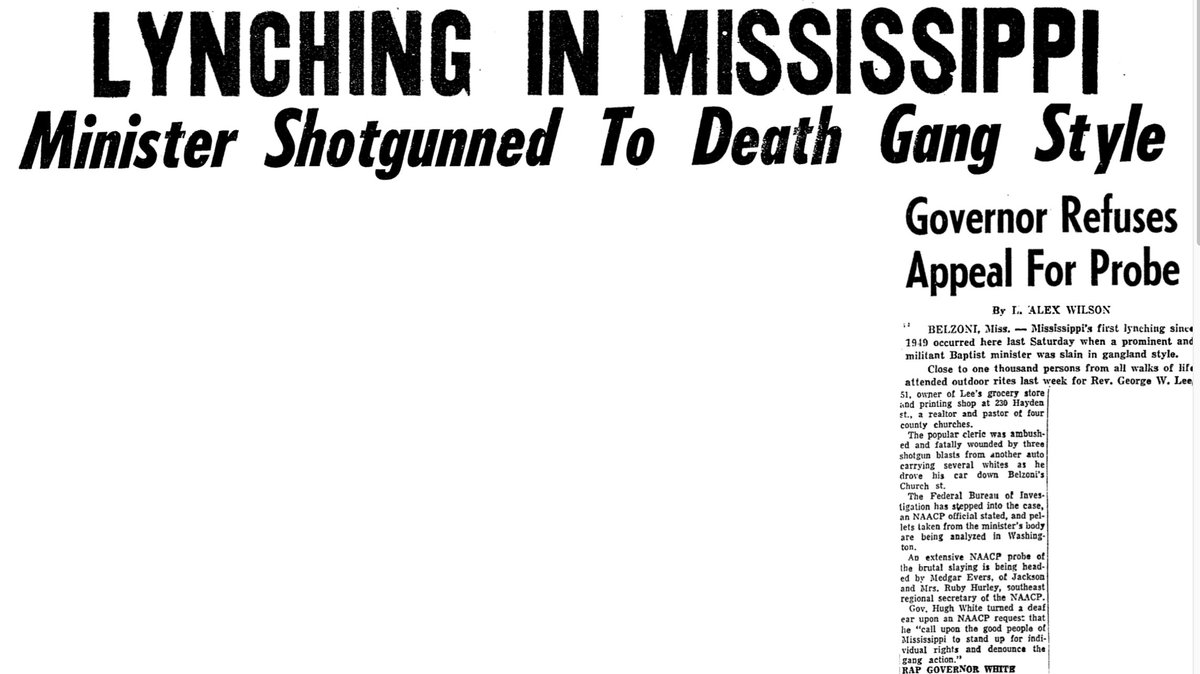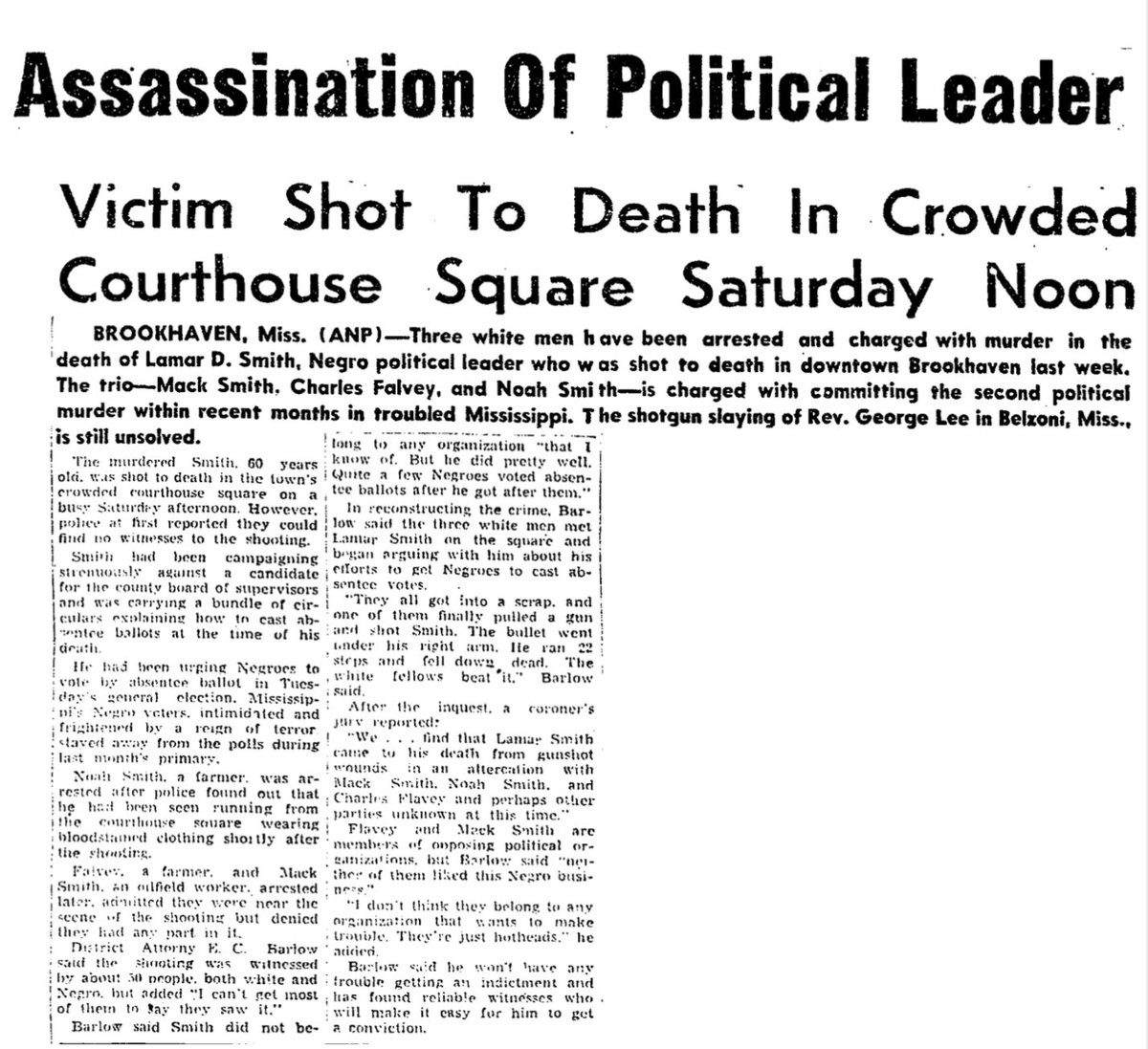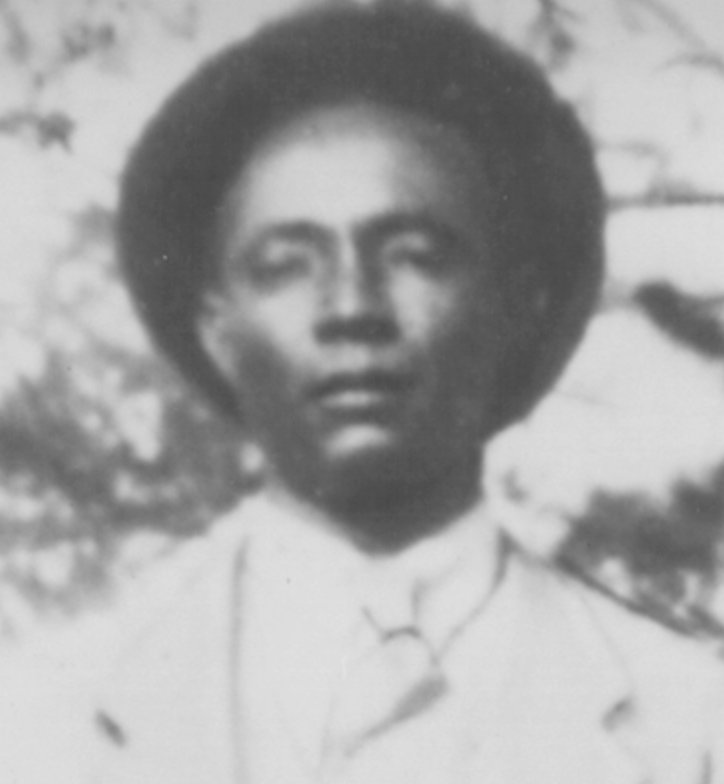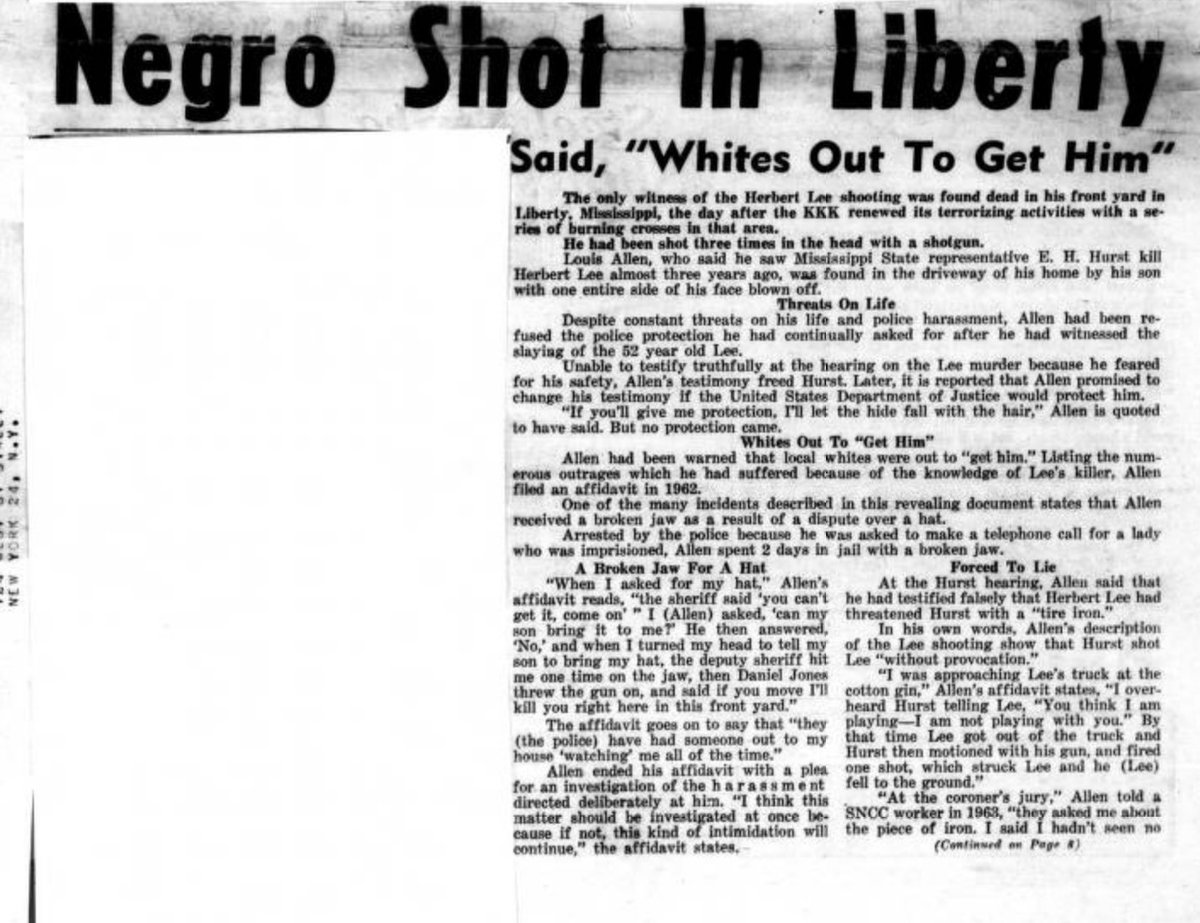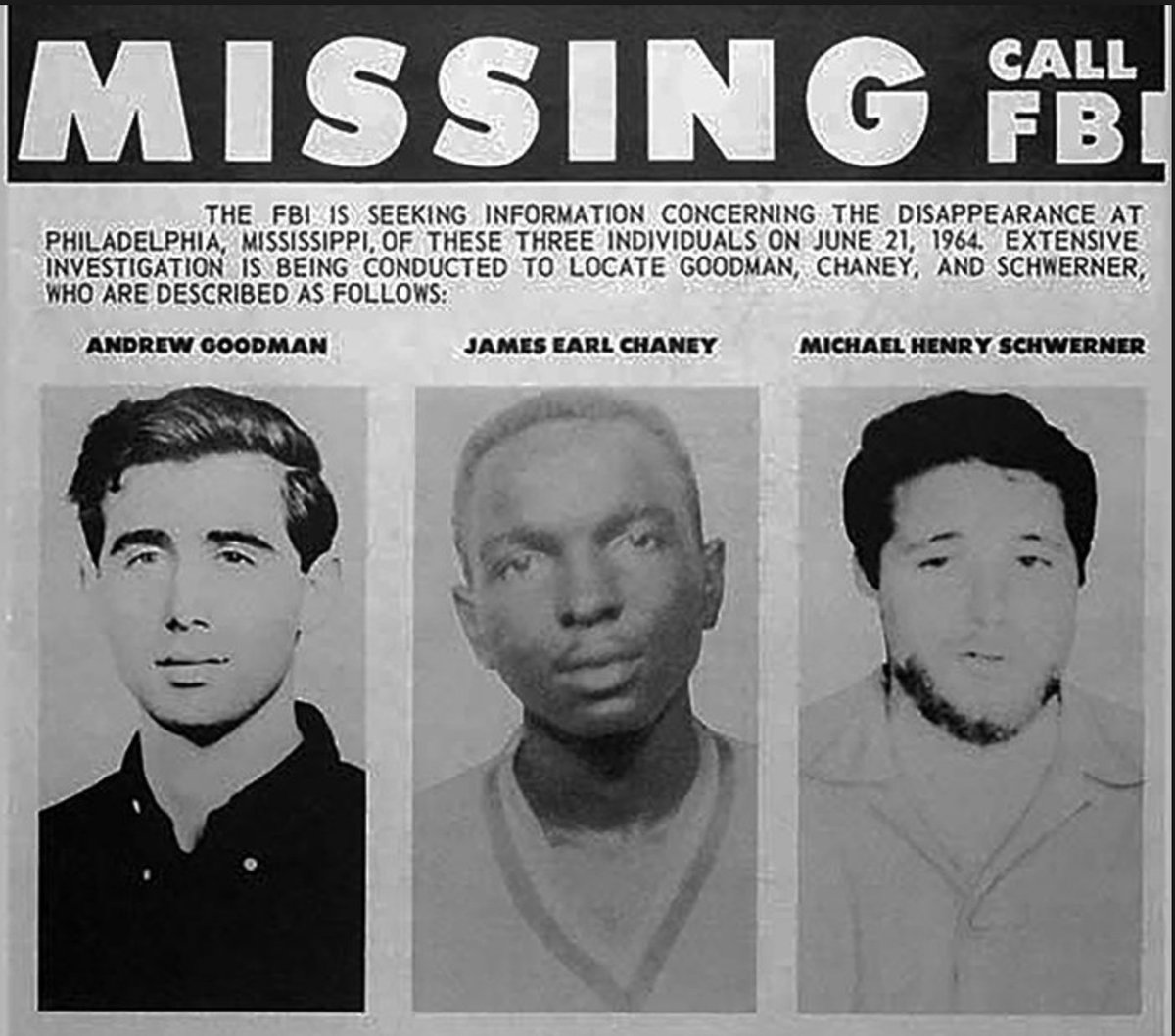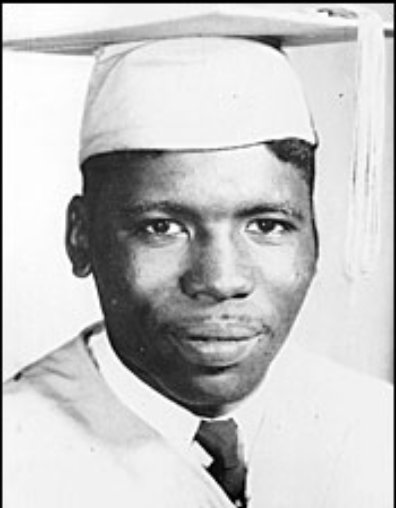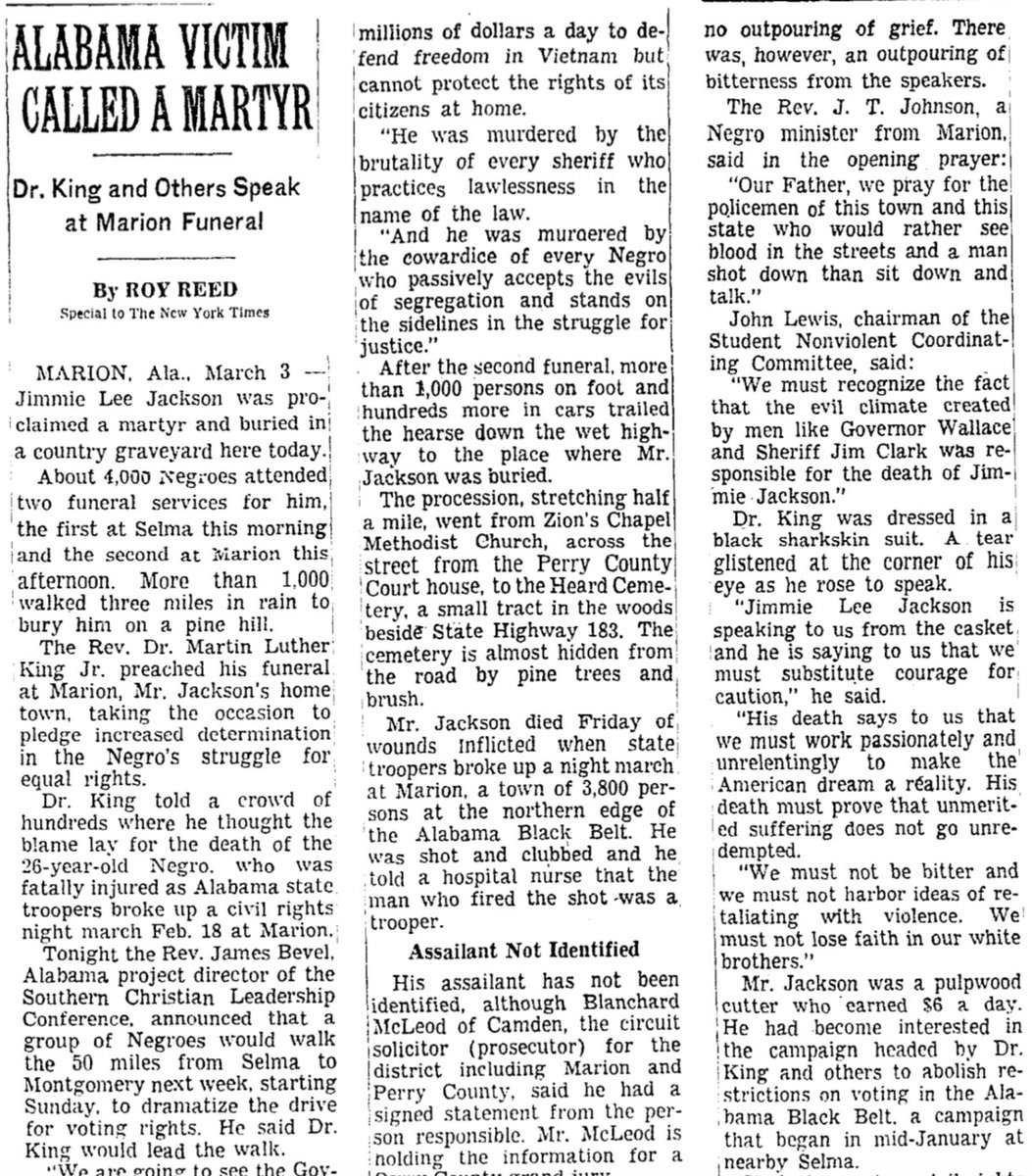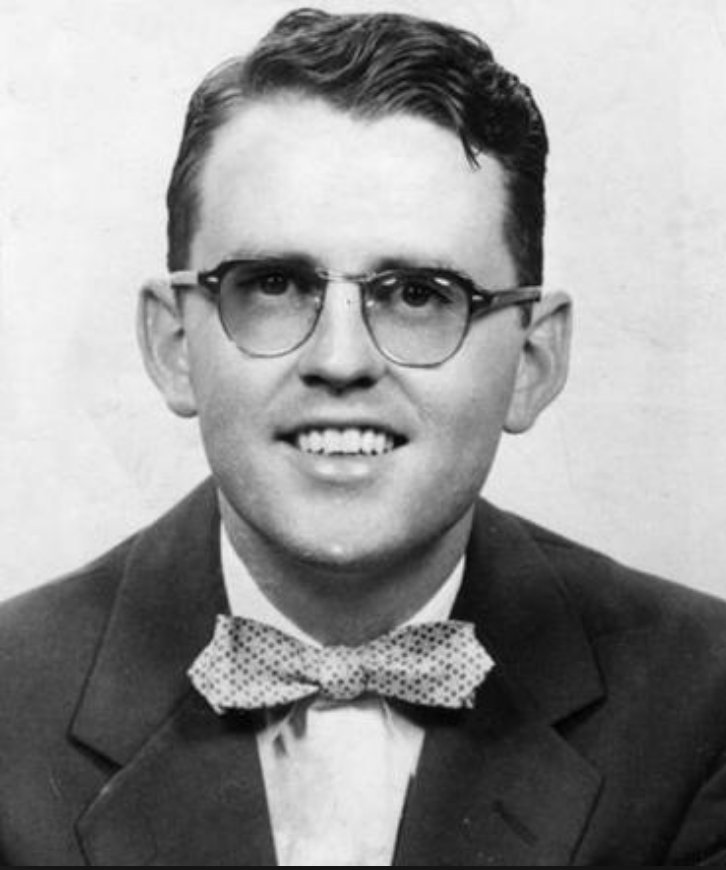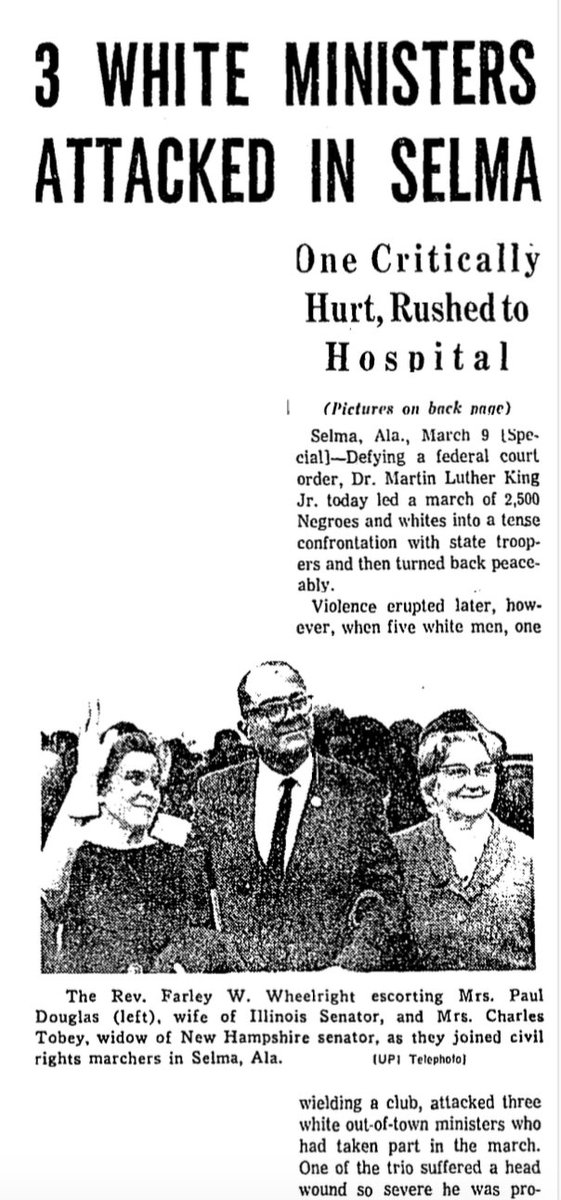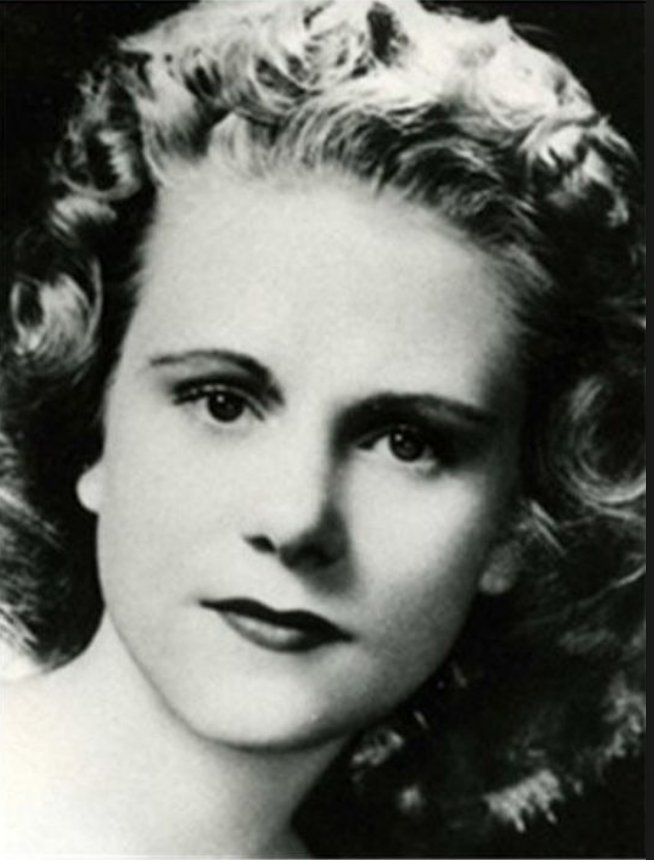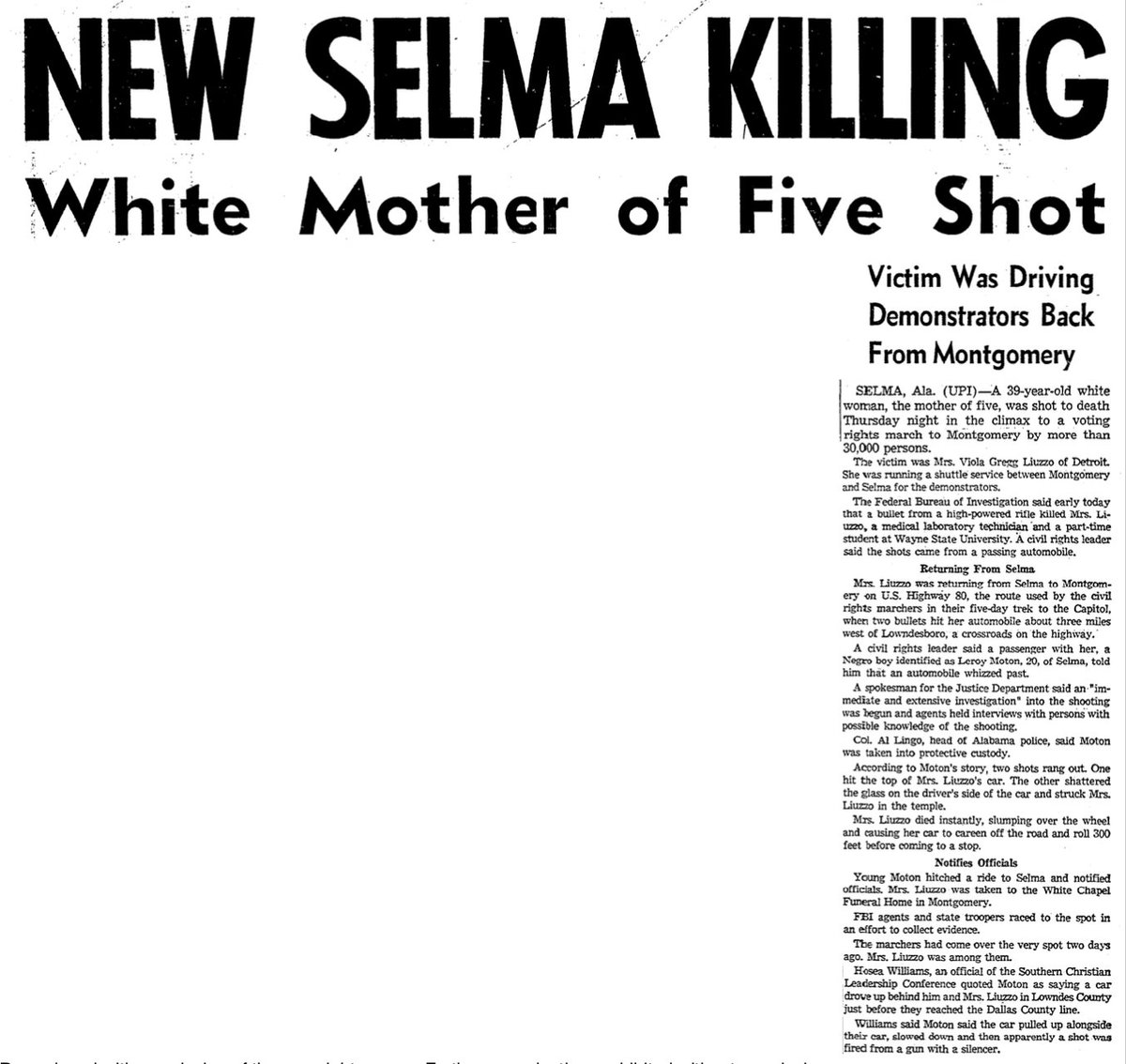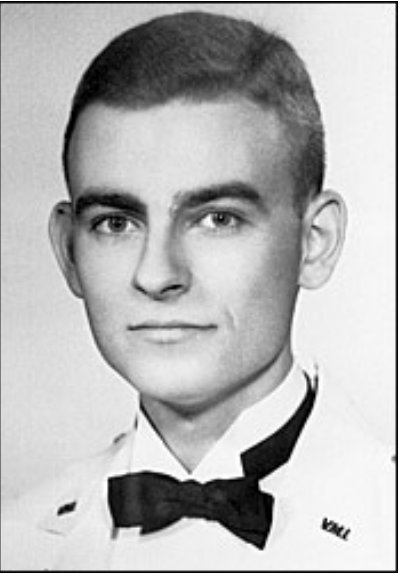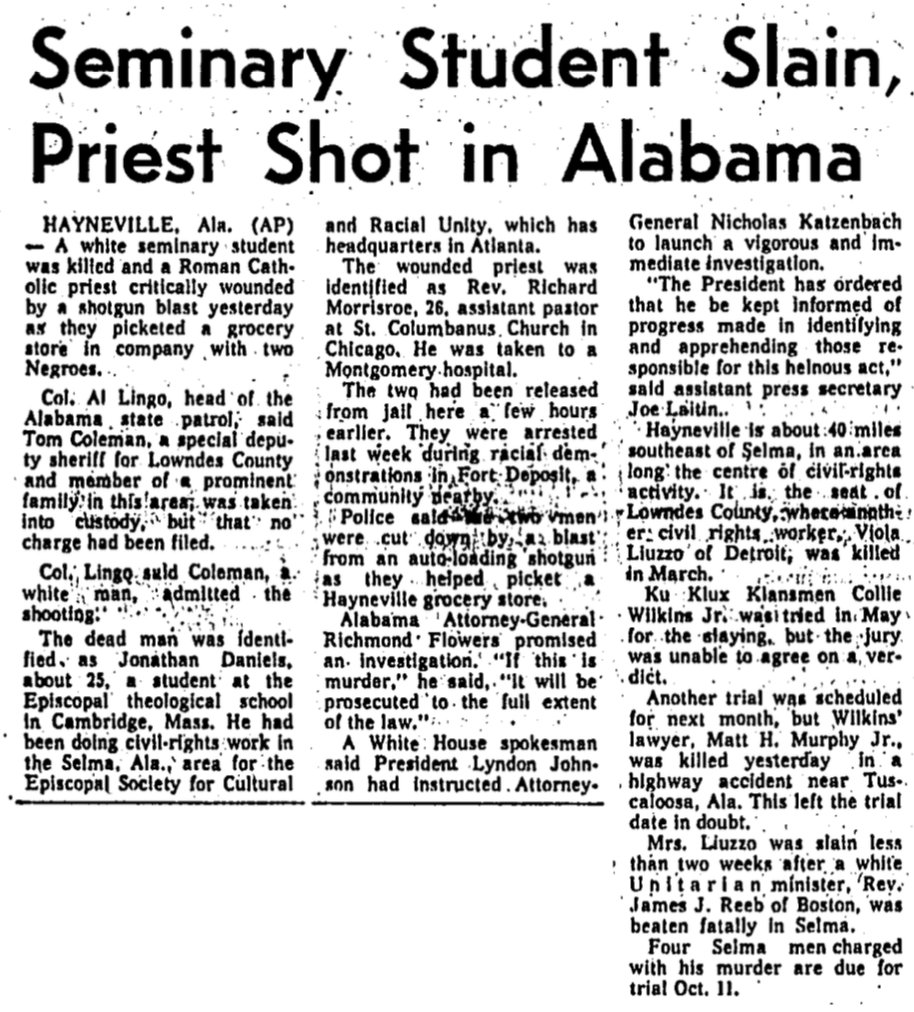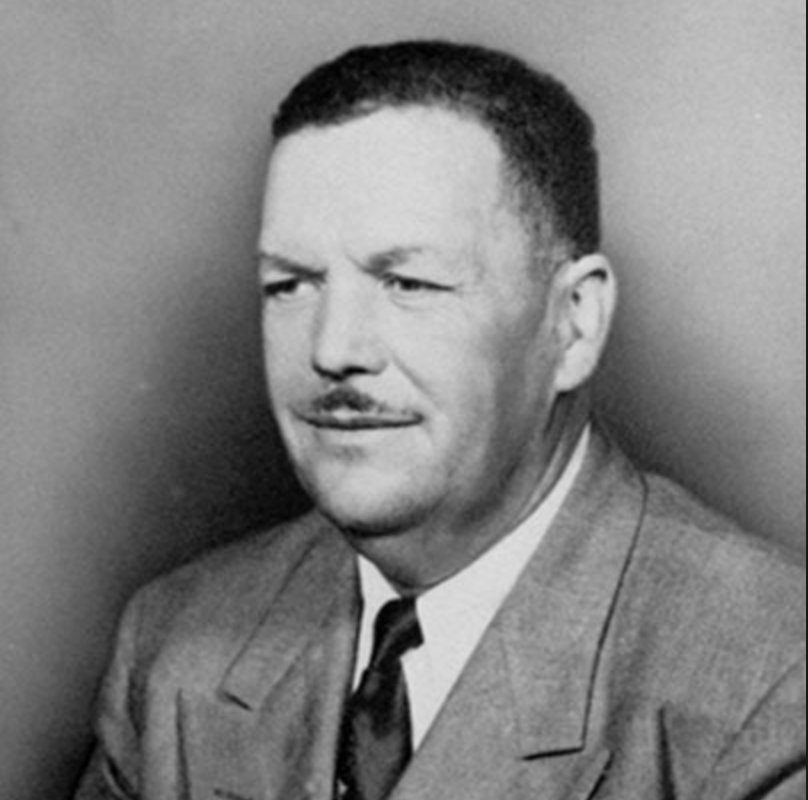最新文章
文章分类
归档
2007 (228)
2008 (195)
2009 (139)
2010 (93)
2011 (90)
2012 (50)
2013 (77)
2014 (72)
2015 (67)
2016 (62)

正文
至今为止, 选民参与率仍低. 18-30岁的尤其.
年轻人甩手不投票, 未来政府政策即任人摆布, 这个油管忒言简意深:
转一历史学家写的介绍. 历史上racists为了阻扰干涉少数裔选民行使投票权利, 不择手段利用谋杀, lynching来恐吓. 为鼓励投票而献身的activists, 人数众多, 可惜通常历史书均不谈及他们的英举.
这些触目惊心暴力事件提醒众人, 争得投票权后推动民众行施民主权利, 乃是一艰难的过程.
As someone who's researched the voting rights struggle, I've always found that dismissive attitude pretty infuriating. But never more than now.
I'm a historian, so let me do what we do, and offer reminders about what Americans sacrificed to get full access to the ballot.
This history goes back centuries, but I work on the modern civil rights era. We don't have to go back further than that to see the price people paid.
This history goes back centuries, but I work on the modern civil rights era. We don't have to go back further than that to see the price people paid.
Medgar Evers, the head of the Mississippi NAACP, had been actively involved in a lot of this work.
In June 1963, he was gunned down by an assassin in his driveway. The full story here: Unroll available on Thread Reader
In June 1963, he was gunned down by an assassin in his driveway. The full story here: Unroll available on Thread Reader
In January 1966, Vernon Dahmer, a well-off grocery store owner, announced on the radio in Hattiesburg that he would pay poll taxes for anyone who wanted to vote but couldn't afford it.
The Klan attacked his home that night.
The Klan attacked his home that night.
http://blog.wenxuecity.com/blog/index.php?act=articleEditPage&date=201811&userId=134531&blogId=14895&postId=4691#html
But, sure, I hear you.
Voting sure can be a real hassle.
Why bother.
Voting sure can be a real hassle.
Why bother.
评论
目前还没有任何评论
登录后才可评论.



